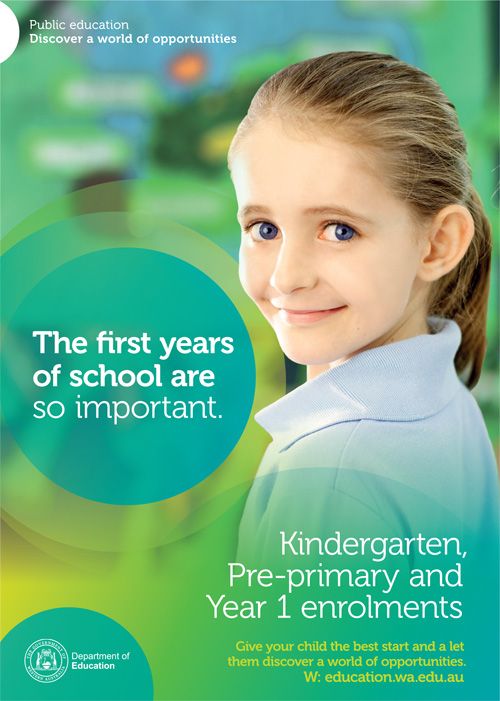

The effects of stress vary from one person to another and each person may develop unique symptoms or individual styles of handling stress. Some environments (e.g., homes, schools, etc.) are more stressful than others are. Additionally, constitutional factors, including gender and temperament, play a significant role in how stress is perceived and handled. Stress is cumulative and progressive, and improved resources and coping skills are often necessary to reduce its ill effects.
There are generally three recognized stages of stress marked by phases of physical changes: alarm, resistance and exhaustion. In the first stage of stress, the body goes into “red alert” with an increase in heart rate and
breathing as the individual considers a course of action. This is followed by “resistance” where the body attempts to slow down and return to “normal.” If the stressful event continues or if the individual is unable to adapt to the situation, exhaustion may follow.
Symptoms of Stress in Children
Symptoms of stress in young children may be difficult to distinguish from symptoms of minor illness. Be alert for signs of irritability, sleeping, toileting or eating difficulties, fearfulness, difficulties adapting to change in routine and clinginess, or use of key words such as “sad” or “afraid.” As children get older, their responses to stress may include more attention-seeking behaviors, mood changes, avoidance of certain activities, isolation (such as the adolescent who retreats more and more to his or her room), school refusal or changes in the quality of schoolwork, sleeping difficulties and physical complaints (headache, stomachache). Seek help for your child if the symptoms persist or you are not able to identify the basis for these concerns. Your school psychologist, social worker, counselor or family physician can help locate appropriate resources.
Post-traumatic Stress Disorder
Children who experience overwhelming stress may develop Post-traumatic Stress Disorder (PTSD). PTSD refers to stress resulting from a specific incident: an incident severe enough to cause profound damage to an individual’s ability to cope in everyday life, especially in those parts of everyday life that remind the person of the traumatic incident. Although the information in this handout may be of some help to people who suffer from PTSD, such individuals are advised to consult with a qualified professional for more specific evaluation and treatment to diminish the effects of the incident.
What Can I Do as a Parent ?
- Do not place undue expectations on your child. We all want our children to be successful, and we should have expectations for their behavior and performance. However, when stress starts to show itself, it may be time to question if our expectations are too high.
- Listen to your child when he or she describes stressful events or situations. Being a good listener will, first of all, reassure your child that you are there with love and support. Moreover, it will help you to better understand how you can help.
- Teach your child good problem-solving skills. The feeling that we have too much to do from the time available to us is a frequent cause of stress. Help your child learn to break big problems into smaller ones that can be dealt with one at a time. Talk with them about how you have handled stressful situations.
- Rehearse stressful situations. If speaking in front of a group or making a phone call to an adult is a cause for stress, it can be helpful to talk through the event with your child. Discuss how he or she wants the event to take place, and then go through the situation together in a “trial run.” The practice is good, and possible difficulties can be “problem solved” together.
- Be aware of “irrational thinking” patterns. Sometimes we can overhear our children “thinking aloud” with sentences like “I have to get this done or my friends will move ahead,” or “If I don’t do this extra assignment, I’ll never get into college.” More frequently, only the first part of the sentence is there? I have to do what the other kids are doing,” “I shouldn’t really be reading this novel just for fun right now,” or “I need to get this whole list of things finished right now.” Often hidden behind such thoughts is the unfounded belief that “if I don’t live up to my teacher’s expectations, I’ll never be a successful person in life,” or “if friends get bad at me, then that confirms that I’m not a good person.” And, deep down, these “fifteen” statements frequently mark core beliefs that people accept as true, even if they have never questioned them logically. These are beliefs like “I’m not a very loveable person,” or “the world is a cruel place, and the only way to survive is by doing everything perfectly.” If you become aware of harmful beliefs, help your child look at life, and him or herself, more realistically and more positively.
- Relaxation / Visualization. There are a number of good relaxation tapes on the market, but all of them emphasize the importance of sitting or lying down and breathing slowly from deep in the stomach, rather than breathing where the shoulders or chest is in motion. A frequently used visualization technique is that of relaxing (as above), and then imagining one self in a “favorite place” a place that is warm and inviting, comfortable and beautiful. Relaxation techniques are useful for diminishing the feeling of stress, but they do little to keep stress from reoccurring. Relaxation can be especially effective when used in conjunction with the rehearsal of a stressful situation before it occurs. Some children might need professional assistance to learn effective relaxation techniques. Also, remember that for children as well as adults, exercise is not only a good way to “relax” but also a good way to reduce both the physical and emotional “baggage” of stress!
If you are highly stressed you can take help of the following tips to reduce parenting stress:
- Take a deep breath. In addition, another. Remember, you are the adult.
- Press your lips together and count to 10 or higher.
- Close your eyes. Pretend you are hearing what your child is about to hear.
- Put your child in a time-out chair. (One minute for each year of age.)
- Put yourself in a time-out chair. Think about why you are angry. Is it your child, or is your child simply a convenient target for your anger?
- Phone a friend.
- If someone can watch your child, go outside and take a walk.
- Take a warm bath.
- Splash water on your face.
- Turn on some music. Maybe even sing along.
- Hug a pillow.
- Write down as many helpful words as you can think of. Save the list.
It is not generally realized but a large proportion of the people under stress happen to be children. We do not realize it because we, as adults, are the major stress factors in a child’s life. The closer is the kinship; the greater is the potential to cause stress, with the parents unwittingly becoming the greatest offenders! In the adult world, the children are unfortunately unrepresented and remain as voiceless citizens. Often, the child is too small even to understand or express itself, though it may be undergoing stressful conditions.
Nature, however, is on the side of the children. Since children are biologically a ‘learning machine’, most conditions which otherwise would be deemed to be stressful, are not perceived as stressful by the little body-systems which are still in the process of learning and growing, and therefore, are yet to arrive at threshold levels of intolerance.
Related Links

Latest
Articles
CBSE Compartment Result 2023 OUT: Click For Direct Link
Home CBSE Compartment Result 2023 OUT: Click For Direct Link The CBSE 10th Compartment Result 2023 is expected to be
IIT Roorkee Launches Professional Certification Program in Product Management
Home IIT Roorkee Launches Professional Certification Program in Product Management The fees five-month long programme is for Rs 1,40,000 +
Join Our Whatsapp Community
Lorem ipsum dolor sit amet, consectetur adipisicing elit, sed do eiusmod tempor incididunt ut labore et dolore magna aliqua. Ut enim ad minim veniam, quis nostrud







